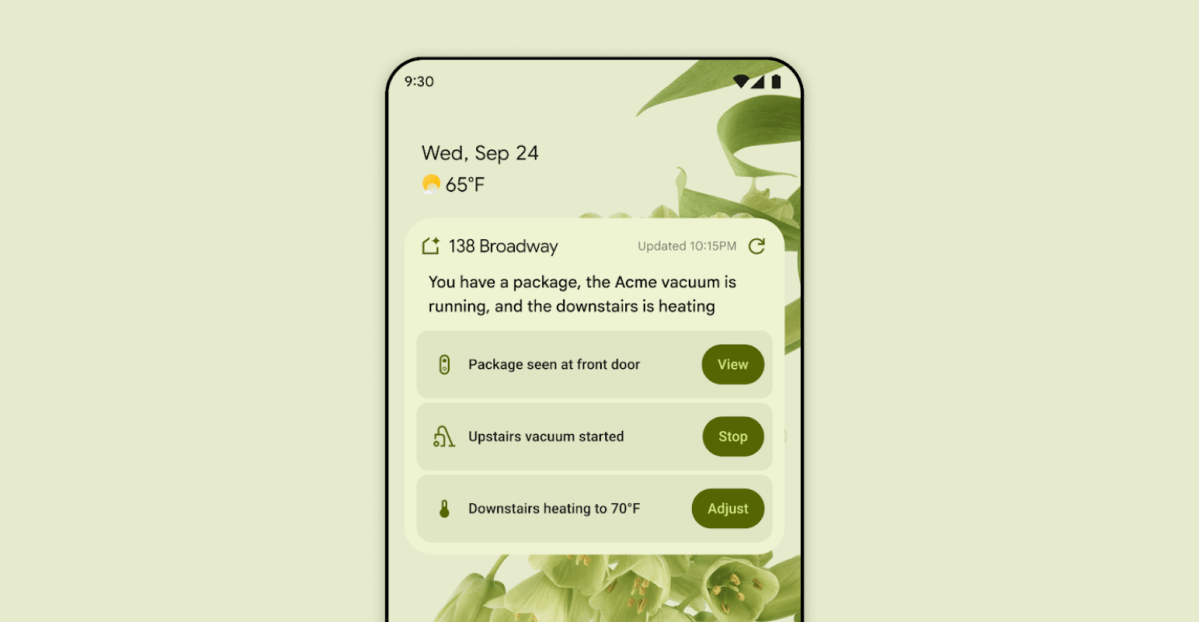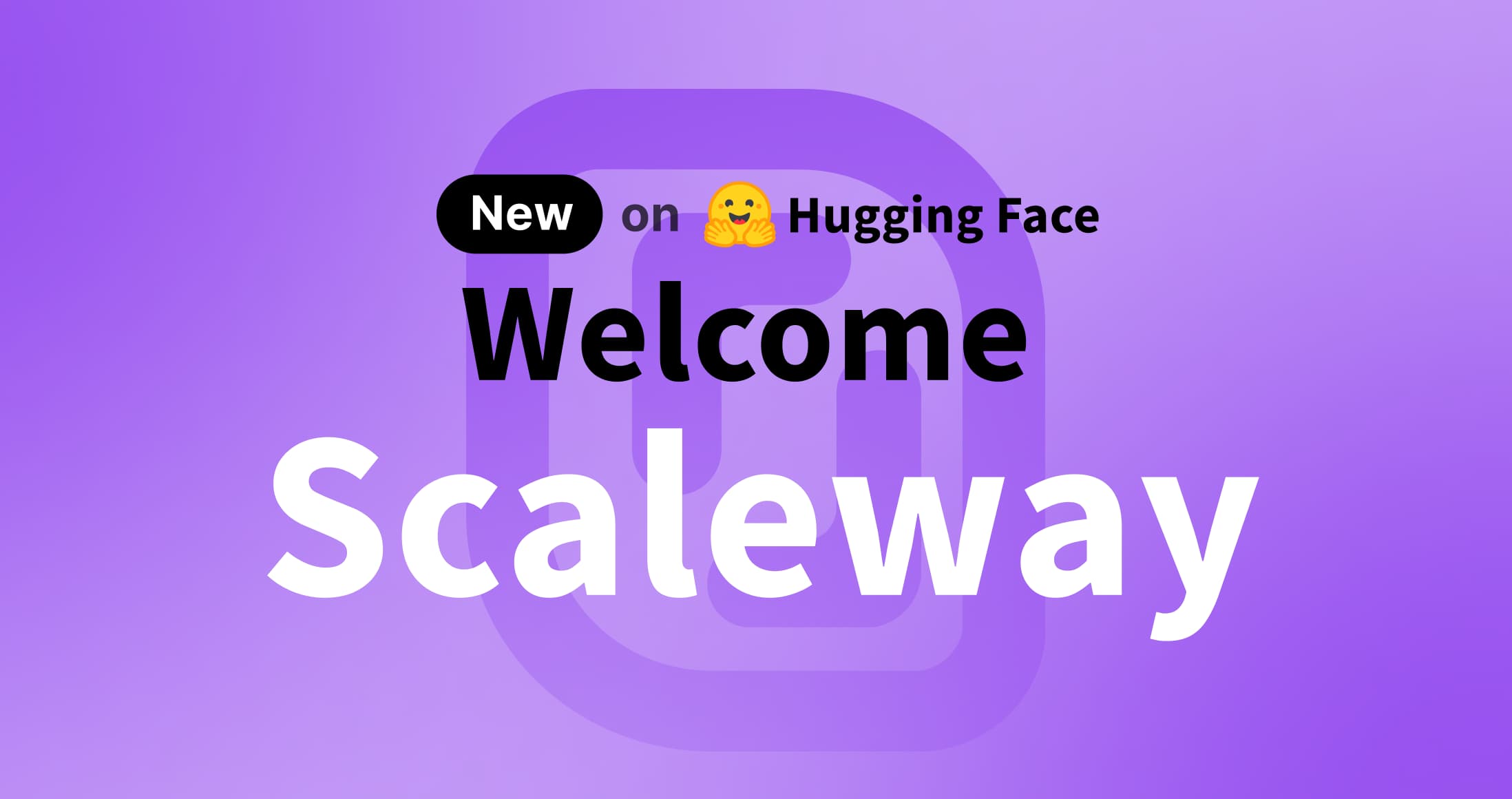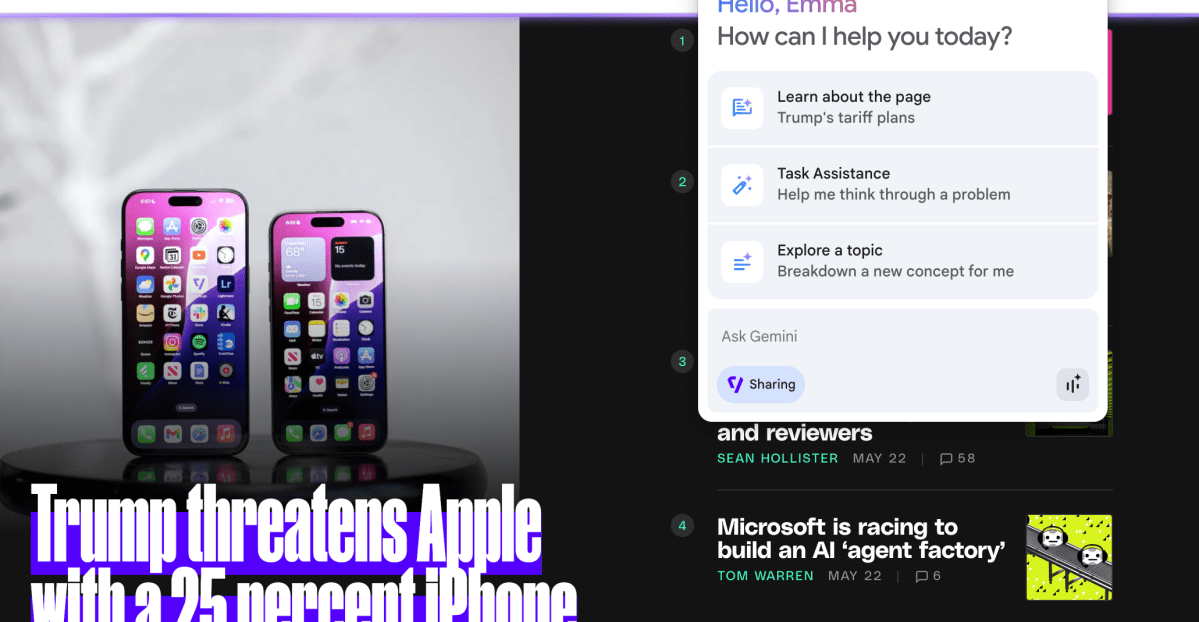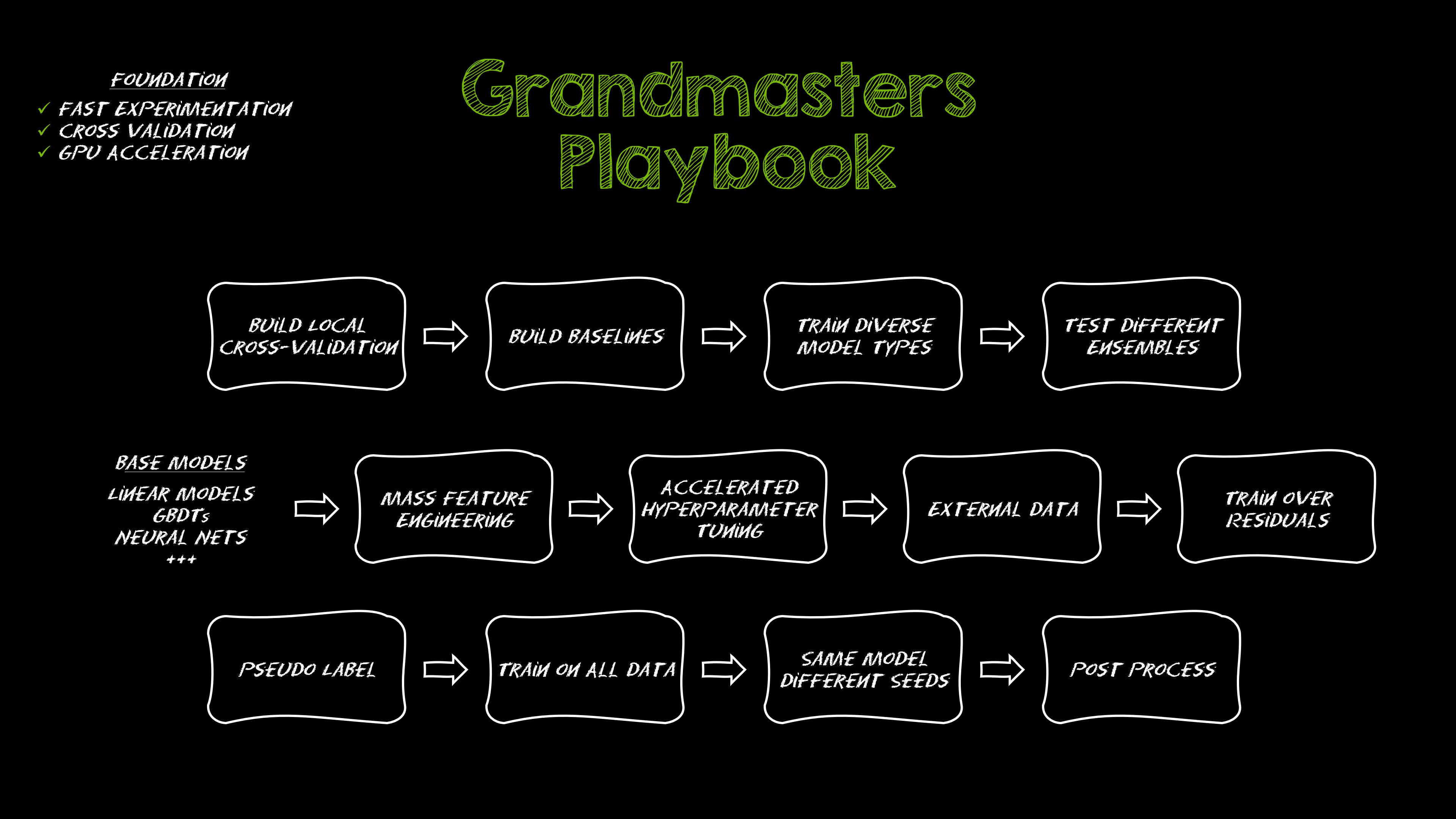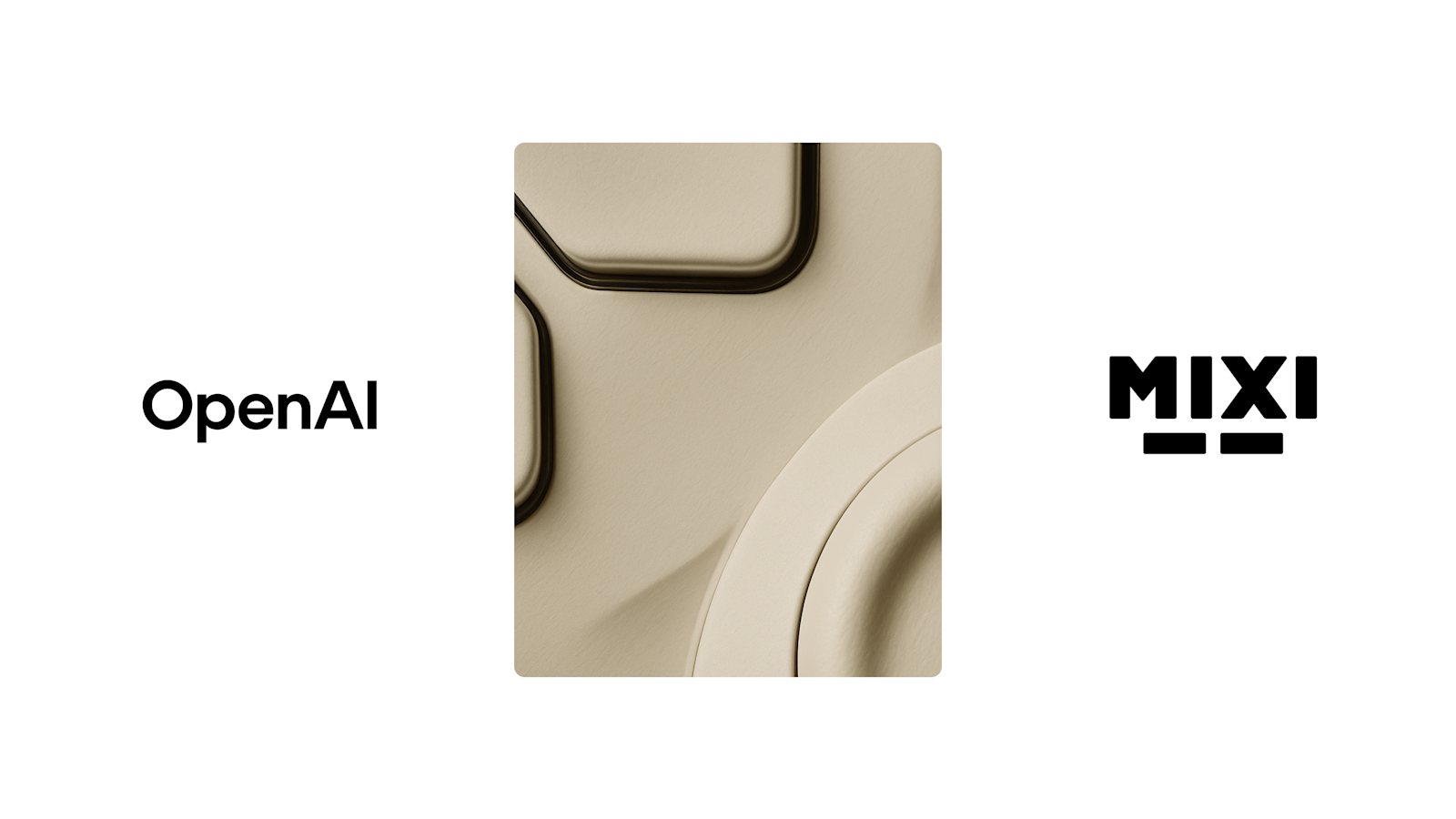
MIXI Deploys ChatGPT Enterprise in 45 Days to Scale AI Across the Company
Sources: https://openai.com/index/mixi, openai.com
TL;DR
- MIXI deployed ChatGPT Enterprise across the organization in 45 days, with strong support from OpenAI’s Customer Success team.
- More than 1,000 MIXI employees received subsidized ChatGPT Plus subscriptions, and over 80% became active weekly users within three months, with the organization generating 1,600+ GPTs.
- Some internal projects reduced work hours by more than 90%; advertising planning in FamilyAlbum saved about 28 hours per month through GPT-assisted testing.
- The FamilyAlbum app serves over 25 million users across 175 countries, available in seven languages, with AI-enabled features shaping brand understanding and testing.
- The investment division uses tailored GPTs like VC Fund Initial Review Support, cutting initial review time from 1–2 hours to 5–10 minutes and reducing workloads by more than 70%.
- OpenAI provided mitigation playbooks and enablement programs to address data handling and operational concerns, enabling a secure, unified AI environment.
Context and background
MIXI is a leader in digital entertainment and lifestyle services in Japan, with a historic footprint in social networking and notable products such as MONSTER STRIKE and FamilyAlbum. The company operates across Lifestyle, Digital Entertainment, and Sports sectors, continuously seeking fresh ideas and innovative experiences for users. Recognizing AI’s potential to enrich communication and joy, MIXI chose to partner with OpenAI to scale AI tooling in a controlled, enterprise-grade manner. In support of broad adoption, MIXI subsidized ChatGPT Plus for more than 1,000 employees, signaling a company-wide commitment to AI-enabled productivity. OpenAI MIXI Following initial exploration, MIXI confronted challenges around data training settings and internal data-handling guidelines. To address these, the company worked toward a secure, unified environment where employees could safely leverage AI tools while ensuring governance and data protection. This careful approach balanced rapid adoption with responsible use, enabling teams to share expertise and GPTs across the organization.
What’s new
In collaboration with OpenAI, MIXI completed a fast-tracked rollout of ChatGPT Enterprise in 45 days, a pace significantly quicker than typical platform deployments and made possible by a tight partnership with OpenAI’s Customer Success team. After going live, three flagship enablement programs were conducted to accelerate adoption and maximize impact. These efforts helped drive widespread use of ChatGPT and other OpenAI products, unlocking a broad spectrum of department-specific use cases. Key outcomes include widespread adoption (over 80% weekly active users within three months) and the creation of more than 1,600 GPTs tailored to MIXI’s needs. Across teams, employees gained confidence to build tools themselves, reducing reliance on developers and accelerating workstreams. FamilyAlbum, one of MIXI’s flagship apps with 25 million users across 175 countries and seven languages, has seen AI-assisted processes such as brand understanding and AB testing. In marketing planning, GPTs have supported faster experimentation, contributing to tangible time savings. The investment division has leveraged specialized GPTs—most notably VC Fund Initial Review Support—to organize proposals and streamline investment evaluations. This tool reduced the time spent on a single initial review from 1–2 hours down to 5–10 minutes, while delivering consistent, high-quality assessments. In aggregate, usage of ChatGPT Enterprise has helped reduce workloads by more than 70% in some contexts, freeing time for relationship-building and strategic activities. Overall, the company’s approach emphasizes a secure, data-conscious environment where employees can safely access internal data and share expertise through GPTs. The result is faster decision-making, broader AI literacy, and a cultural shift toward treating AI tools as an integral part of MIXI’s product and service capabilities. OpenAI MIXI
Why it matters (impact for developers/enterprises)
The MIXI rollout demonstrates how a large, consumer-facing tech organization can scale AI across diverse business units in a compressed timeline. By enabling employees to create and use GPTs, MIXI effectively expands the organization’s internal development capacity—employees become self-empowered with AI-assisted tooling, reducing bottlenecks and enabling rapid iteration. Security and governance were central to the approach. Early concerns about personal data handling and operational continuity were addressed with a secure environment and explicit data-handling guidelines. The resulting governance framework enabled teams to pursue AI-enabled improvements with confidence, balancing speed with protections around internal data and processes. From an enterprise perspective, the MIXI case illustrates how AI can shift work patterns: time savings in routine tasks, faster evaluation cycles in investments, and the ability to run more experiments in marketing and product design. For developers and IT teams, the experience underscores the value of partner-driven enablement programs, customer success playbooks, and practical templates that can be adapted across industries.
Technical details or Implementation
MIXI’s implementation focused on a secure, unified environment for AI usage and a structured enablement program set. The rollout included:
- Subsidized access: ChatGPT Plus subscriptions provided to over 1,000 employees to accelerate onboarding and experimentation.
- Governance and data handling: The organization confronted data-training settings and internal data handling guidelines early and implemented a secure approach to ensure safe AI usage across teams.
- Mitigation playbooks: OpenAI supplied playbooks addressing concerns raised by different departments, drawing on experiences from other enterprise launches.
- Enablement programs: Three flagship programs were deployed post-launch to maximize adoption and practical impact.
- Custom GPTs and business tools: MIXI created more than 1,600 GPTs across the company to support a wide range of use cases, enabling teams to implement AI-driven workflows without bespoke development from scratch.
- Use-case impact: In FamilyAlbum, GPT-driven advertising planning supported brand understanding and A/B testing, reducing work by about 28 hours per month.
- Investment intelligence: The VC Fund Initial Review Support GPT enabled faster initial reviews (5–10 minutes, down from 1–2 hours) and improved consistency in evaluations. The broader investment team reported workload reductions of over 70% in some cases.
- Company-wide adoption: Since implementation, more than 80% of employees became active weekly users within three months, and the company created over 1,600 GPTs to support diverse workflows. .NOTES: The FamilyAlbum product is described here to illustrate relevant use cases driven by AI, including language support across seven languages and broad geographic reach. The numbers and specific GPT names reflect MIXI’s disclosed results and targets.
Key takeaways
- Rapid enterprise-wide AI deployment is feasible within weeks rather than quarters with strong executive sponsorship and vendor support.
- Employee-driven tool creation can dramatically expand internal capabilities and reduce time spent on routine tasks.
- AI-enabled processes can deliver measurable productivity gains across marketing, product, and investment workflows.
- Security and governance must accompany rapid adoption to sustain trust and compliance.
- Targeted GPTs for specific business functions (e.g., investment review, marketing experiments) can yield outsized efficiency gains.
FAQ
-
How long did MIXI take to roll out ChatGPT Enterprise?
45 days, aided by close collaboration with OpenAI’s Customer Success team.
-
How did MIXI address data handling and security concerns?
The company established a secure, unified environment and clarified data-handling guidelines, with mitigation playbooks from OpenAI guiding the rollout.
-
What were the notable productivity gains?
Some projects cut work hours by over 90%; AB testing in FamilyAlbum saved about 28 hours per month; the VC Fund Initial Review Support reduced initial review time from 1–2 hours to 5–10 minutes and cut workloads by more than 70% in the investment division.
-
How widespread was adoption?
Over 80% of employees became weekly active users within three months, and MIXI created more than 1,600 GPTs.
References
More news
First look at the Google Home app powered by Gemini
The Verge reports Google is updating the Google Home app to bring Gemini features, including an Ask Home search bar, a redesigned UI, and Gemini-driven controls for the home.
Shadow Leak shows how ChatGPT agents can exfiltrate Gmail data via prompt injection
Security researchers demonstrated a prompt-injection attack called Shadow Leak that leveraged ChatGPT’s Deep Research to covertly extract data from a Gmail inbox. OpenAI patched the flaw; the case highlights risks of agentic AI.
Predict Extreme Weather in Minutes Without a Supercomputer: Huge Ensembles (HENS)
NVIDIA and Berkeley Lab unveil Huge Ensembles (HENS), an open-source AI tool that forecasts low-likelihood, high-impact weather events using 27,000 years of data, with ready-to-run options.
Scaleway Joins Hugging Face Inference Providers for Serverless, Low-Latency Inference
Scaleway is now a supported Inference Provider on the Hugging Face Hub, enabling serverless inference directly on model pages with JS and Python SDKs. Access popular open-weight models and enjoy scalable, low-latency AI workflows.
Google expands Gemini in Chrome with cross-platform rollout and no membership fee
Gemini AI in Chrome gains access to tabs, history, and Google properties, rolling out to Mac and Windows in the US without a fee, and enabling task automation and Workspace integrations.
Kaggle Grandmasters Playbook: 7 Battle-Tested Techniques for Tabular Data Modeling
A detailed look at seven battle-tested techniques used by Kaggle Grandmasters to solve large tabular datasets fast with GPU acceleration, from diversified baselines to advanced ensembling and pseudo-labeling.
